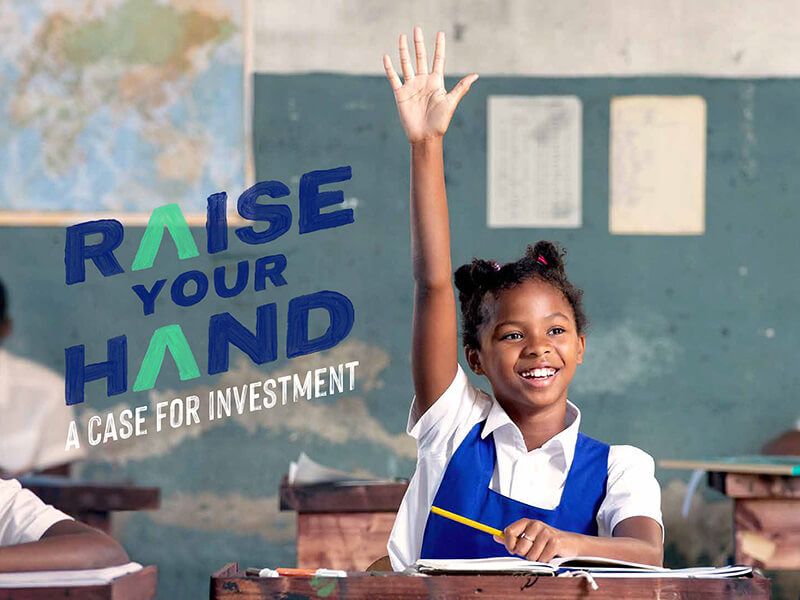Investing in education in South Sudan is more than a financial decision, it’s a commitment to transforming lives, communities, and the nation. As South Sudan continues to rebuild and develop, quality education stands as the cornerstone of progress. Despite ongoing challenges such as constant civil war and instability, determined investors and organizations are making significant strides. In this post, we’ll explore why investing in education matters, the long-term benefits it brings, and actionable strategies for investors, NGOs, and community leaders to drive positive change in education in South Sudan.
Why Education Investment in South Sudan Matters
- Economic Growth and Workforce Development
Investing in education boosts the local economy by creating a skilled workforce capable of driving innovation and increasing productivity. A well-educated population attracts both local and international businesses, leading to more job opportunities and sustainable economic growth. With targeted investments in education in South Sudan, communities can transform their economic landscape and lay the foundation for long-term prosperity.
- Social Stability and Community Empowerment
Quality education fosters social cohesion and reduces inequality. Educated individuals are more likely to engage in community-building activities, participate in democratic processes, and contribute to social stability. These positive effects create a ripple effect, improving overall community well-being and reducing the risks of social unrest, even in a country facing the hardships of civil war.
- Breaking the Cycle of Poverty
Education is one of the most powerful tools for alleviating poverty. By providing access to learning and skill development, education enables individuals to improve their economic status and contribute to national development. Long-term investments in education help break the intergenerational cycle of poverty, paving the way for a brighter future for South Sudan.
Key Areas for Investment in South Sudan’s Education Sector
Infrastructure Development
Building and Renovating Schools
- Modern classrooms, libraries, and laboratories create an environment that nurtures learning and academic excellence.
- Digital Infrastructure - Investing in technology and improving internet access are essential for enhancing digital literacy and creating opportunities for online learning in South Sudan.
Teacher Training and Professional Development
- Continuous Learning Programs - High-quality teacher training programs are key to improving instructional quality and ensuring effective classroom delivery.
- Workshops and Certifications - Professional development initiatives help equip educators with modern pedagogical techniques and digital tools, leading to improved educational outcomes.
Scholarship Programs and Student Support
- Merit-Based and Need-Based Scholarships - Funding scholarship programs encourages higher education enrollment and retention among South Sudanese students.
- Mentorship and Career Guidance - Initiatives that offer career counseling and mentorship empower students to achieve their full potential and succeed in a competitive job market.
Success Stories and Impactful Initiatives
Several non-governmental organizations and private investors have launched projects that have dramatically improved education outcomes in South Sudan. Notable contributors include:
- WUSC (World University Service of Canada):
WUSC is actively involved in creating pathways to higher education and fostering skills development, particularly in conflict-affected regions.
- UNICEF:
UNICEF supports numerous initiatives in South Sudan, focusing on building resilient educational infrastructure and ensuring access to quality learning for all children.
- Education Bridge :
Education Bridge plays a critical role in connecting educators and students with the resources they need while promoting innovative approaches to education.
- Global Partnership for Education (GPE):
GPE works to mobilize funding and support strategic planning that transforms education systems in developing countries, including South Sudan.
- European Union:
The European Union significantly contributes to educational projects and policy reforms, aiding in the gradual reconstruction of the education sector in South Sudan.
Despite the challenges posed by continuous civil unrest, these investors and organizations have shown that targeted investment in education can still yield transformative results. Their success stories underscore that even in unstable conditions, impactful change is possible, and potential investors should see the opportunity rather than be deterred by conflict.
How to Get Involved and Make an Impact
Partner with Local Organizations
Collaborate with community groups and NGOs that have a deep understanding of local challenges and opportunities. By partnering with organizations like WUSC, UNICEF, and Education Bridge, you can directly contribute to meaningful projects in education in South Sudan.
Leverage Technology
Invest in digital solutions that enhance classroom learning, exam management, and administrative efficiency. Innovative tools such as school and exams management systems are essential for streamlining operations and improving educational outcomes.
Advocate for Policy Changes
Support initiatives that promote transparency and accountability in education funding and resource allocation. Strong policy advocacy can drive systemic reforms that enhance the quality of education in South Sudan.
Monitor and Evaluate Impact
Use data-driven approaches to track the effectiveness of education investments. Regular assessments and the use of modern management systems can help quantify progress and identify areas for further improvement.
Conclusion
Investing in education in South Sudan is an investment in the nation’s future. With strategic investments in infrastructure, teacher training, and student support, stakeholders can drive transformative change that empowers individuals and communities. Despite the challenges of constant civil war, key investors like WUSC, UNICEF, Education Bridge, Global Partnership for Education (GPE), and the European Union are already making a significant impact. By making thoughtful and targeted investments, you can help shape a brighter future for South Sudan—one where education leads to sustainable economic growth, social stability, and lasting progress.
Invest in education, invest in South Sudan.
